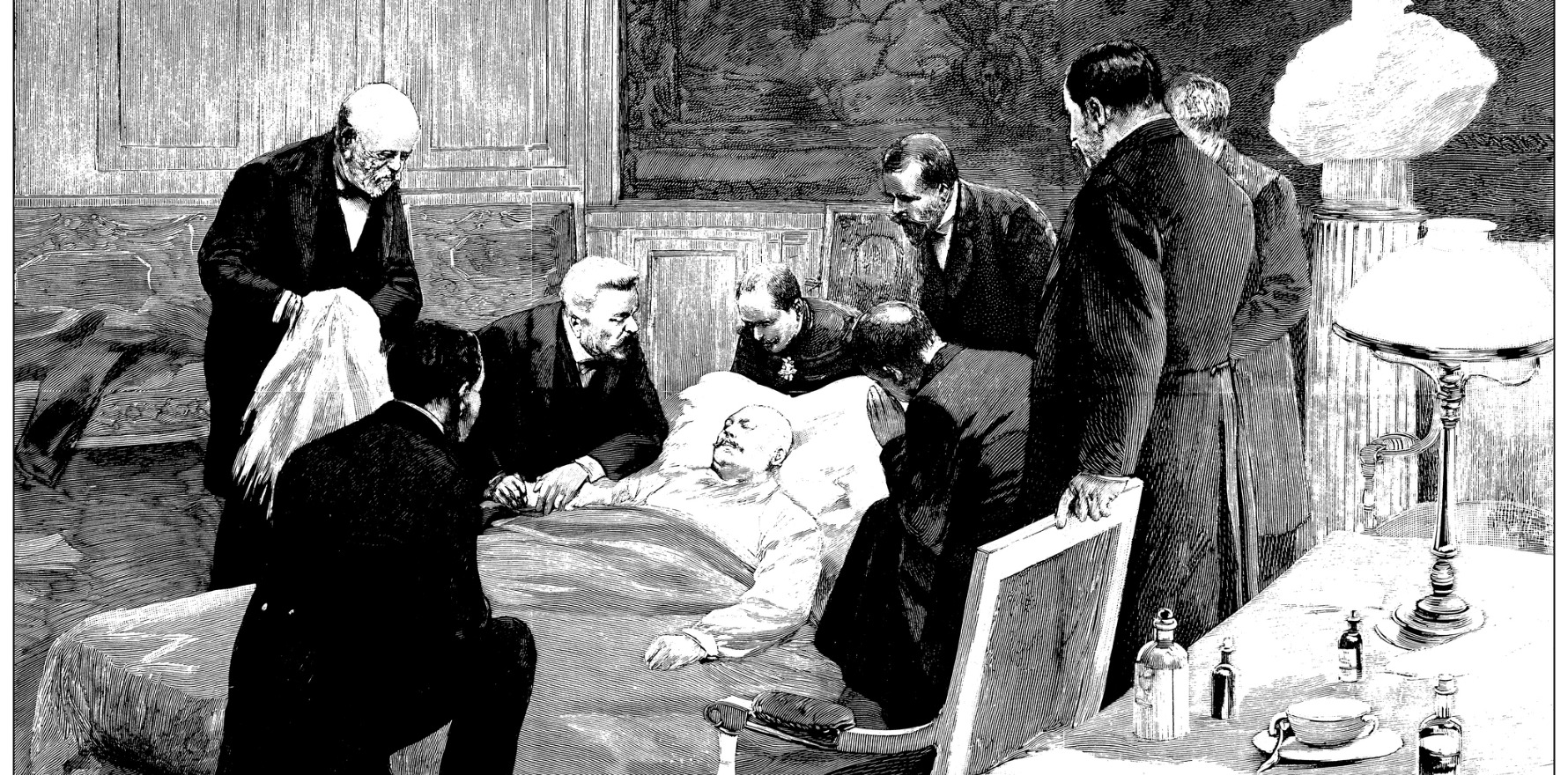But the evidence isn’t top notch, a Cochrane review finds.
Colds could be reduced in length by a couple of days by taking zinc as treatment, but there is no real evidence for preventative use, researchers say.
On the plus side, while there’s a risk of non-serious side-effects, there’s no indication of serious adverse events.
“[T]here are no definitive treatments to prevent colds or shorten their duration,” the authors write. “Given the frequency of colds in adults and children, they are a public health burden and a significant cause of lost work productivity and school absenteeism. Prevention and treatment for the common cold with zinc is of ongoing interest.”
The meta-analysis reviewed 34 randomised clinical trials comparing zinc with placebo in children and adults for the treatment or prevention of the common cold or upper respiratory infection, and its safety.
When used as treatment, the study found a mean reduction of 2.37 days in cold duration with zinc use, with no apparent effect on the severity of symptoms.
“However, we have little confidence in the evidence supporting this conclusion,” the authors write. Out of the 34 studies included in the review, the majority were assessed as having low certainty evidence.
“Most studies were at unclear or high risk of bias in at least one domain,” the authors write.
When used preventatively, the effect on the risk of developing a cold, in the short term or over five to 18 months of follow-up, was little to none, and there was “probably” no effect on the severity or duration of those colds.
Thirty-one of the 34 studies reported non-serious side effects, such as changes to taste and smell, vomiting, stomach cramps and diarrhoea. The authors said it was unclear if zinc used as preventative caused an increase in the risk of experiencing those, but it “probably” did when used as treatment (a relative risk of 34%). No serious adverse events were reported.
The trials involved almost 9000 patients, mostly from the US but also from Asia, Africa, Europe and Australia. Zinc was ingested in the form of lozenges in gluconate, acetate and orotate forms, at doses of 45 to 276mg a day, for 4.5 to 21 days. It was also given as capsules, dissolved powders, syrups, and administered intranasally.
“Most studies were at unclear or high risk of bias in at least one domain,” the researchers say.
“Zinc supplementation may provide some limited benefits for people with the common cold. On the basis of this review, the current evidence is insufficient to provide firm conclusions or recommend zinc supplementation for the prevention or treatment of the common cold.”


